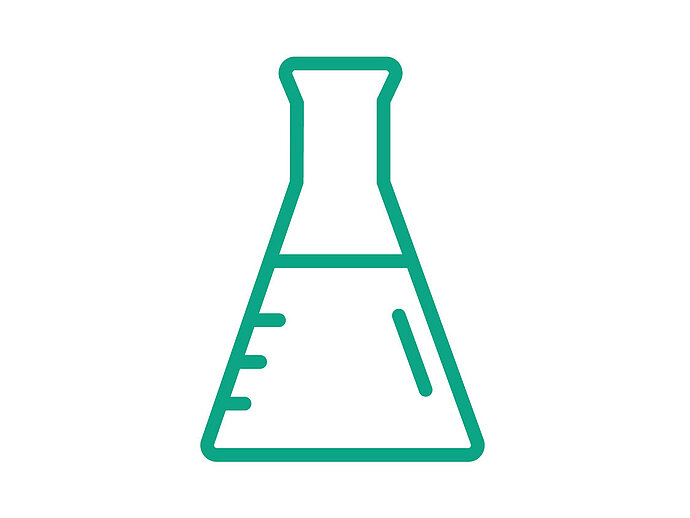
OEKO-TEX® only includes ACPs if they have been checked by accredited toxicologists and assessed as being harmless to human health. The safety assessments by the toxicology institute are based on the information and formulas from the manufacturer and are compliant with current European legislation. If new scientific findings come to light which question the safety of a substance with regard to health, OEKO-TEX® reserves the right to remove the ACP in question from the list.